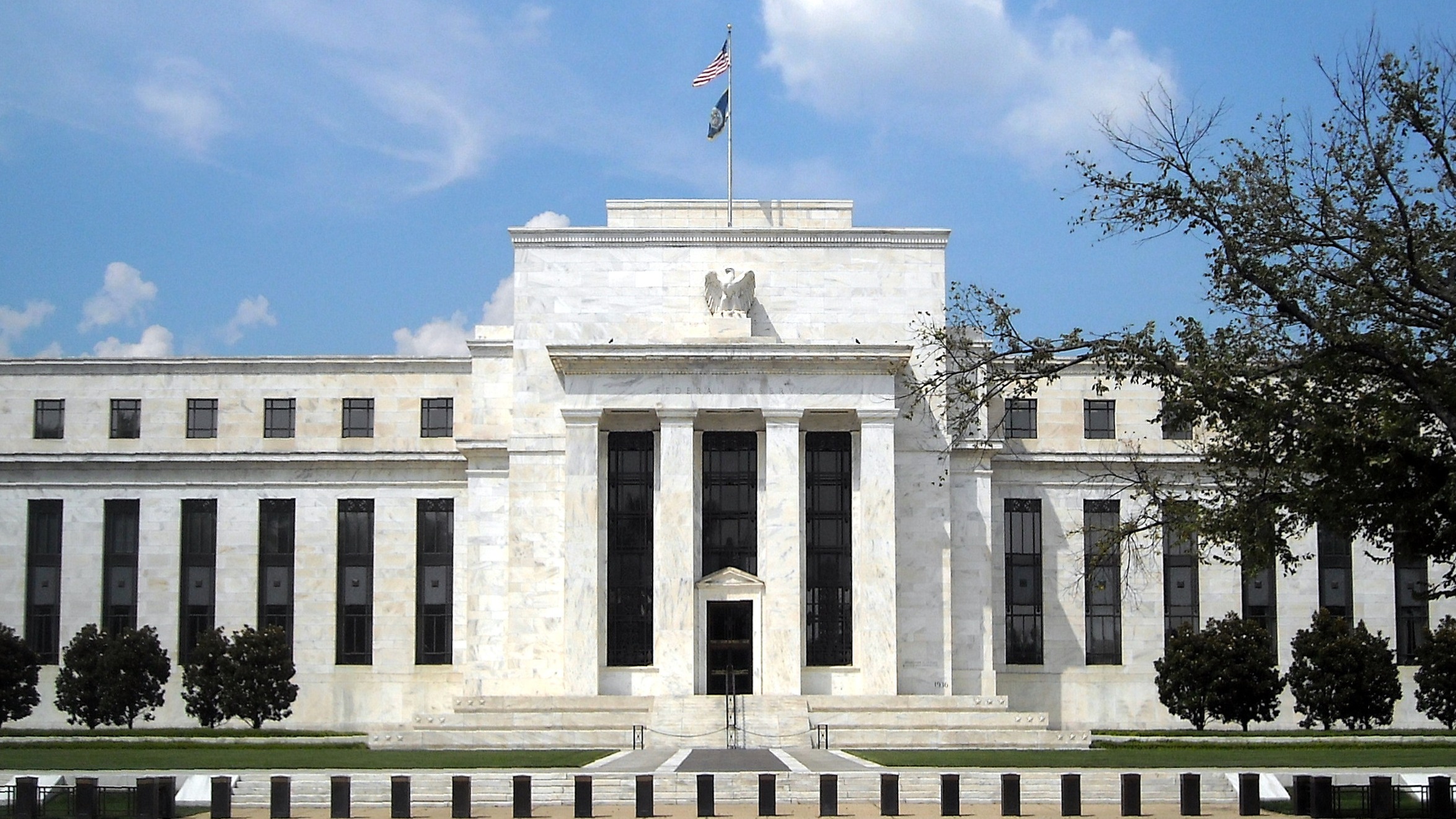As the financial world continues to reckon with the collapse of crypto exchange FTX – and the fraud surrounding the company – US regulators have told banks to be more careful on crypto contagion risks.
The Federal Reserve, Federal Deposit Insurance Corp (FDIC) and the Office of the Comptroller of the Currency (OCC) have issued their first joint statement on crypto, in which the regulators highlight risks of fraud, legal uncertainty and misleading disclosures by crypto firms as reasons for banks to be more cautious.
It said that it is “highly likely” that banks issuing or holding crypto tokens on public decentralised networks will be inconsistent with safe banking practices.
Other risks associated with crypto identified by the trio include the volatility of the digital assets market, contagion risk within the sector and wear risk management.
While the statement does not entirely caution against banks’ involvement in crypto, it notes: “It is important that risks related to the crypto-asset sector that cannot be mitigated or controlled do not migrate to the banking system.”
The public statement will come as a blow to some big banks which are ramping up efforts to provide crypto services to their customers.
The statement added:“Given the significant risks highlighted by recent failures of several large crypto-asset companies, the agencies continue to take a careful and cautious approach related to current or proposed crypto-asset-related activities and exposures at each banking organisation.”
The OCC had previously said that banks operating in the US must obtain regulatory approval before engaging with certain crypto activities.
Fraud is becoming increasingly visible at a top level in the crypto world, with FTX founder Sam Bankman-Fried facing eight criminal charges including wire fraud and conspiracy to commit money laundering. The 30-year old pleaded not guilty on all charges in a Manhattan federal court on Tuesday.
Elsewhere, Cooper Morgenthau a former chief financial officer of multiple special purpose acquisition companies (SPACs), has pleaded guilty to embezzling more than $5 million from the companies he worked for and losing almost all of it trading meme stocks and cryptocurrencies. Pleading guilty to one count of wire fraud in Manhattan federal court, Morgenthau faces a possible prison statement of up to seven and a quarter years. He has also agreed to forfeit $5.11 million and pay an equal amount in restitution.
Latest News
-
Gemini to cut quarter of workforce and exit UK, EU and Australia as crypto slump forces retrenchment
-
Bank ABC’s mobile-only ila bank migrates to core banking platform
-
Visa launches platform to accelerate small business growth in US
-
NatWest to expand Accelerator programme to 50,000 members in 2026
-
BBVA joins European stablecoin coalition
-
eToro partners with Amundi to launch equity portfolio with exposure to ‘megatrends’
Creating value together: Strategic partnerships in the age of GCCs
As Global Capability Centres reshape the financial services landscape, one question stands out: how do leading banks balance in-house innovation with strategic partnerships to drive real transformation?
Data trust in the AI era: Building customer confidence through responsible banking
In the second episode of FStech’s three-part video podcast series sponsored by HCLTech, Sudip Lahiri, Executive Vice President & Head of Financial Services for Europe & UKI at HCLTech examines the critical relationship between data trust, transparency, and responsible AI implementation in financial services.
Banking's GenAI evolution: Beyond the hype, building the future
In the first episode of a three-part video podcast series sponsored by HCLTech, Sudip Lahiri, Executive Vice President & Head of Financial Services for Europe & UKI at HCLTech explores how financial institutions can navigate the transformative potential of Generative AI while building lasting foundations for innovation.
Beyond compliance: Building unshakeable operational resilience in financial services
In today's rapidly evolving financial landscape, operational resilience has become a critical focus for institutions worldwide. As regulatory requirements grow more complex and cyber threats, particularly ransomware, become increasingly sophisticated, financial services providers must adapt and strengthen their defences. The intersection of compliance, technology, and security presents both challenges and opportunities.
© 2019 Perspective Publishing Privacy & Cookies













Recent Stories